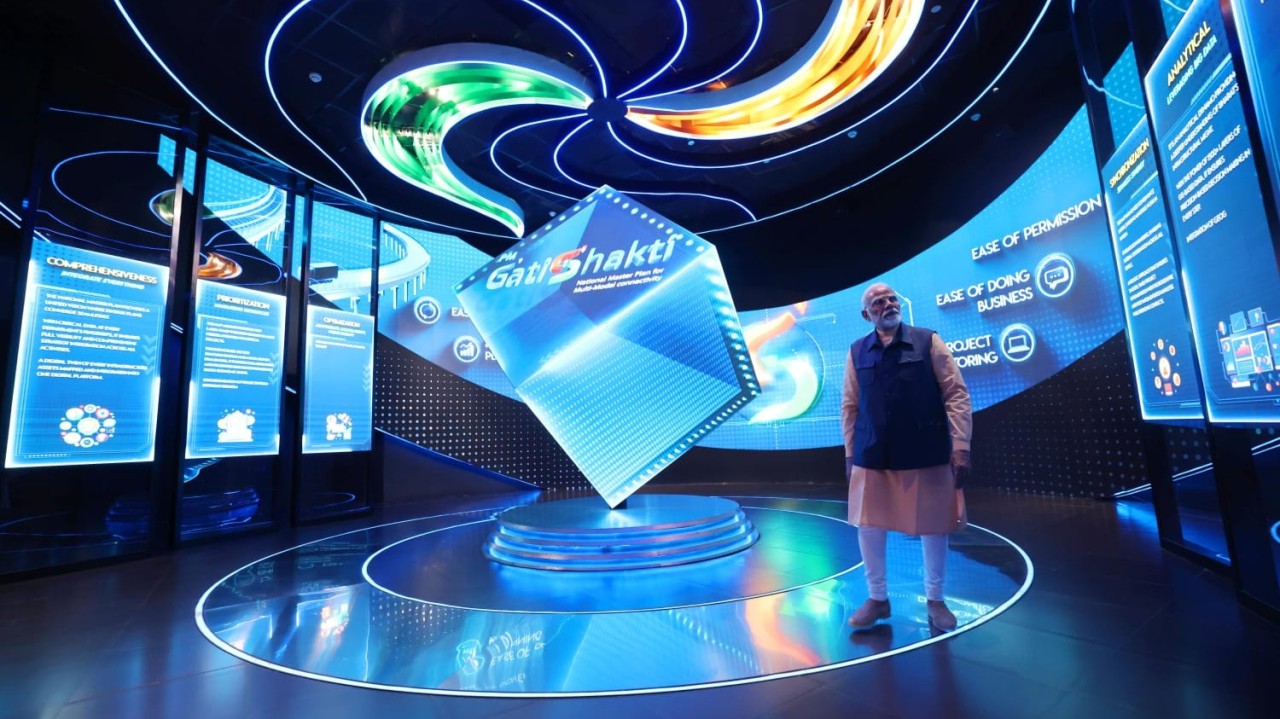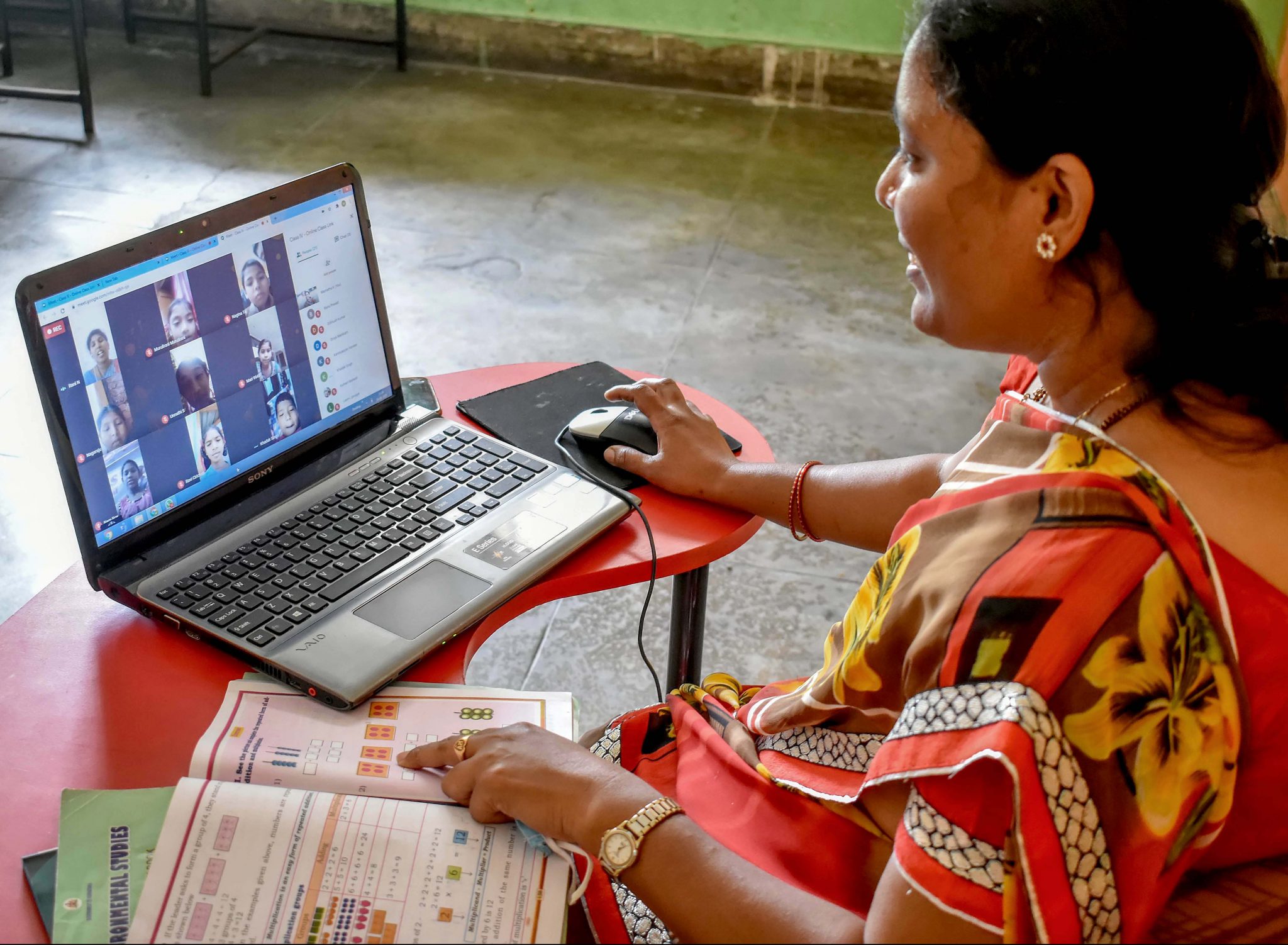- Courses
- GS Full Course 1 Year
- GS Full Course 2 Year
- GS Full Course 3 Year
- GS Full Course Till Selection
- Answer Alpha: Mains 2025 Mentorship
- MEP (Mains Enrichment Programme) Data, Facts
- Essay Target – 150+ Marks
- Online Program
- GS Recorded Course
- Polity
- Geography
- Economy
- Ancient, Medieval and Art & Culture AMAC
- Modern India, Post Independence & World History
- Environment
- Governance
- Science & Technology
- International Relations and Internal Security
- Disaster Management
- Ethics
- NCERT Current Affairs
- Indian Society and Social Issue
- NCERT- Science and Technology
- NCERT - Geography
- NCERT - Ancient History
- NCERT- World History
- NCERT Modern History
- CSAT
- 5 LAYERED ARJUNA Mentorship
- Public Administration Optional
- ABOUT US
- OUR TOPPERS
- TEST SERIES
- FREE STUDY MATERIAL
- VIDEOS
- CONTACT US
VINAYAK DAMODAR SAVARKAR (VEER SAVARKAR): CONTRIBUTION TO INDIA’S FREEDOM STRUGGLE
VINAYAK DAMODAR SAVARKAR (VEER SAVARKAR): CONTRIBUTION TO INDIA’S FREEDOM STRUGGLE
02-03-2024
Why in News?
Prime Minister recently paid tribute to freedom fighter Veer Savarkar on his death anniversary (Punya Tithi) which falls on February 26th.
Early Life and Activism
Early Influences
- Born on May 28th, 1883, in Bhagur, Maharashtra.
- Family: Growing up in a Marathi Hindu family, Savarkar was exposed to stories of Maratha warriors and tales of resistance against Mughal rule. This, along with the prevailing anti-colonial sentiment of the time, shaped his early political leanings.
- Education: During his high school years in Nashik, Savarkar witnessed communal tensions and participated in protests against the British Raj. He also enrolled in Fergusson College, Pune, where he became actively involved in student politics and nationalist activities.
- Founded the Abhinav Bharat Society, a revolutionary organization.
- Studied law in the United Kingdom and actively participated in Indian nationalist groups like India House and the Free India Society.
Literary Contributions
- Authored "The History of the War of Indian Independence” detailing guerilla warfare tactics used during the 1857 Sepoy Mutiny.
- Wrote "Hindutva: Who is a Hindu?" exploring the concept of Hindu identity.
Struggle for Independence
Veer Savarkar was associated with various organizations throughout his life. Some major ones are mentioned below:
Abhinav Bharat Society
- Founder: Savarkar, along with his brother Ganesh Damodar Savarkar, was instrumental in establishing the Abhinav Bharat Society (Young India Society) in 1904. Initially formed as the Mitra Mela, it aimed to overthrow British rule through armed revolution.
- Philosophy: Inspired by the Italian nationalist Giuseppe Mazzini, Abhinav Bharat Society had a deep belief in armed revolution as the path to Indian independence. The society had a network of revolutionaries across India and even a branch in London.
- Activities: The Society was known for training its members in the use of firearms, manufacturing bombs, and engaging in acts of resistance against the British. Some members were involved in assassinations of British officials.
- Implications: Savarkar's leadership within Abhinav Bharat led to his first arrest in 1909. His association with the group would ultimately lead to his life imprisonment in the Cellular Jail in the Andaman and Nicobar Islands.
India House
- Revolutionary Hub: Founded by Shyamji Krishna Varma in London in 1905, India House served as a hub for Indian nationalist activity in Britain. It housed Indian students and revolutionaries, providing them a platform to discuss and organize strategies aimed at Indian independence.
- Savarkar's Involvement: Savarkar arrived in London to study law in 1906 and quickly got involved with India House. While there, he immersed himself in its activities, gave revolutionary speeches, and wrote articles demanding Indian independence.
- Influence: India House became a center for disseminating nationalist literature, including Savarkar's writings. He found inspiration among fellow revolutionaries and was further radicalized during his time in London.
Free India Society
- Savarkar's Initiative: Dissatisfied with India House's gradual approach, Veer Savarkar founded the Free India Society in 1906 as a more radical offshoot.
- Focus: The Free India Society emphasized complete and immediate independence for India, seeking to achieve this through various means, including armed struggle and getting foreign support against the British.
- Impact: Although the Free India Society remained relatively small, it served as a platform for Savarkar to propagate his radical ideas and connect with other revolutionaries in Europe who shared his belief in armed struggle for India's freedom.
Hindu Mahasabha
- Shift in Focus: After his release from prison in 1924, Savarkar gradually shifted his focus toward Hindu nationalism and the philosophy of Hindutva. He joined the Hindu Mahasabha, an organization founded in 1915 with the aim of protecting the rights of Hindus in India.
- President of Hindu Mahasabha: Savarkar served as the president of the Hindu Mahasabha from 1937 to 1943. During his tenure, he played a pivotal role in popularizing the concept of Hindutva, a political ideology centered around defining Indian identity in terms of Hindu culture and heritage.
- Controversial Stance: His emphasis on Hindutva often led to criticisms surrounding his views on other religious communities. His concept of Hindu nationalism remains one of the most controversial aspects of his legacy.
Later Life and Legacy
- Died on February 26th, 1966, after choosing to end his life through a hunger strike.
- While Savarkar's legacy remains debated, his contributions to India's freedom struggle and his writings continue to spark discussions.
- In a speech in 2019, highlighting Veer Savarkar's contributions, the Vice President said that Veer Savarkar’s ideals reflect India's values. He acknowledged Savarkar as the first to refer to the 1857 rebellion as the "first war of independence."
- The Vice President also shed light on Savarkar's vision for a reformed society, which he called the "Seven Shackles" that hindered India's progress. These shackles, according to Savarkar, were:
- The rigid caste system: Savarkar believed this system should be abolished altogether, calling it outdated and harmful.
- Limited access to Vedic literature: He advocated for making these ancient texts accessible to everyone, not just specific castes, viewing them as valuable knowledge for all of humanity.
- Caste-based professions: Savarkar opposed the concept of inherited professions based on caste, and instead encouraged individuals to pursue their chosen vocations based on their skills and talents.
- Limited global interaction: He emphasized the importance of Indians engaging with the world, both learning from others and sharing India's cultural heritage.
- Inter-caste dining restrictions: Savarkar challenged the taboo against sharing meals across caste lines, arguing that religious beliefs belong in the heart, not the stomach.
- Inter-caste marriage restrictions: He also advocated for breaking down barriers to inter-caste marriage.
- Lack of scientific development: Savarkar believed India needed to embrace science and modern thinking to ensure a prosperous and fulfilling future for its citizens.
- The Vice President acknowledged Savarkar's foresight and vision for India’s struggle for independence.



